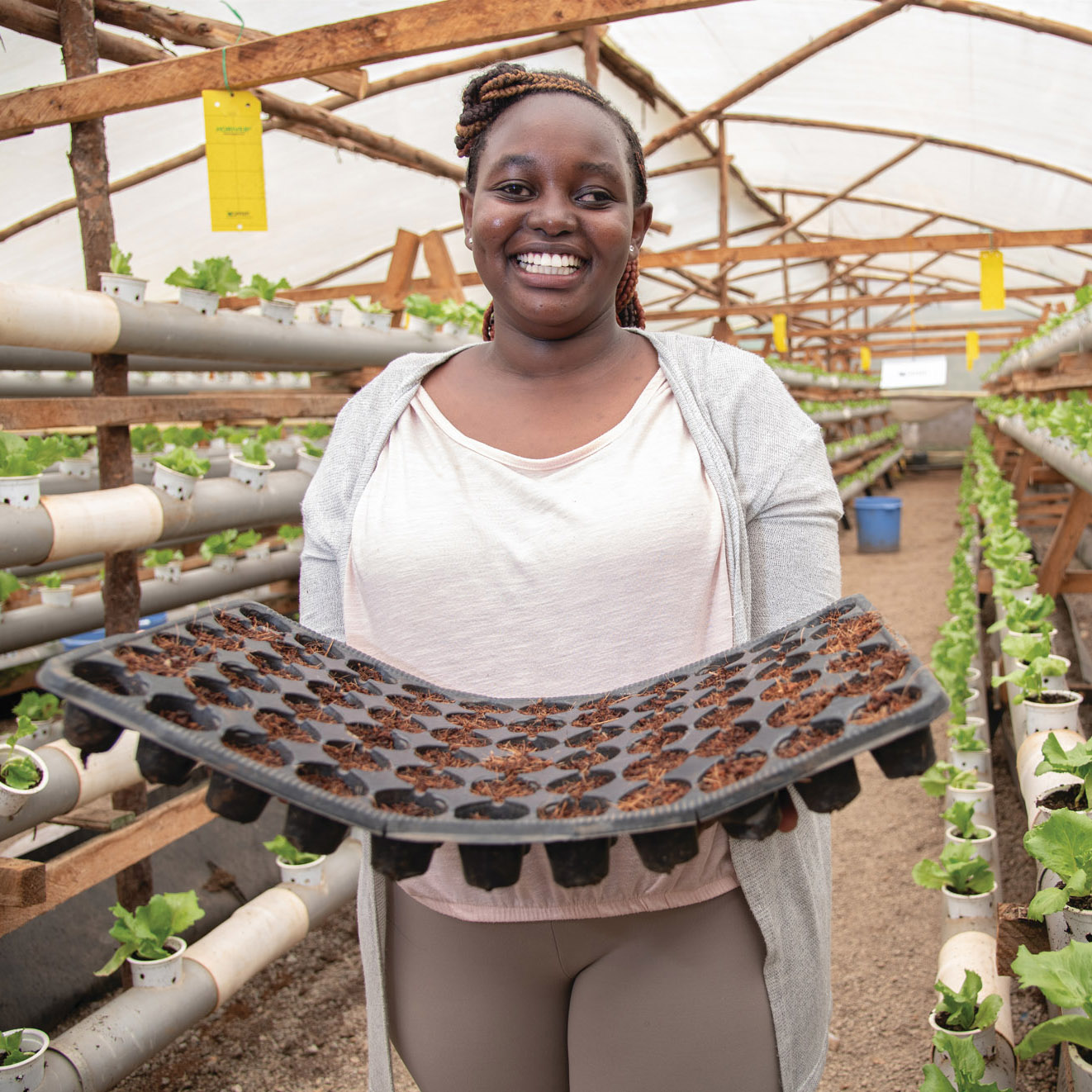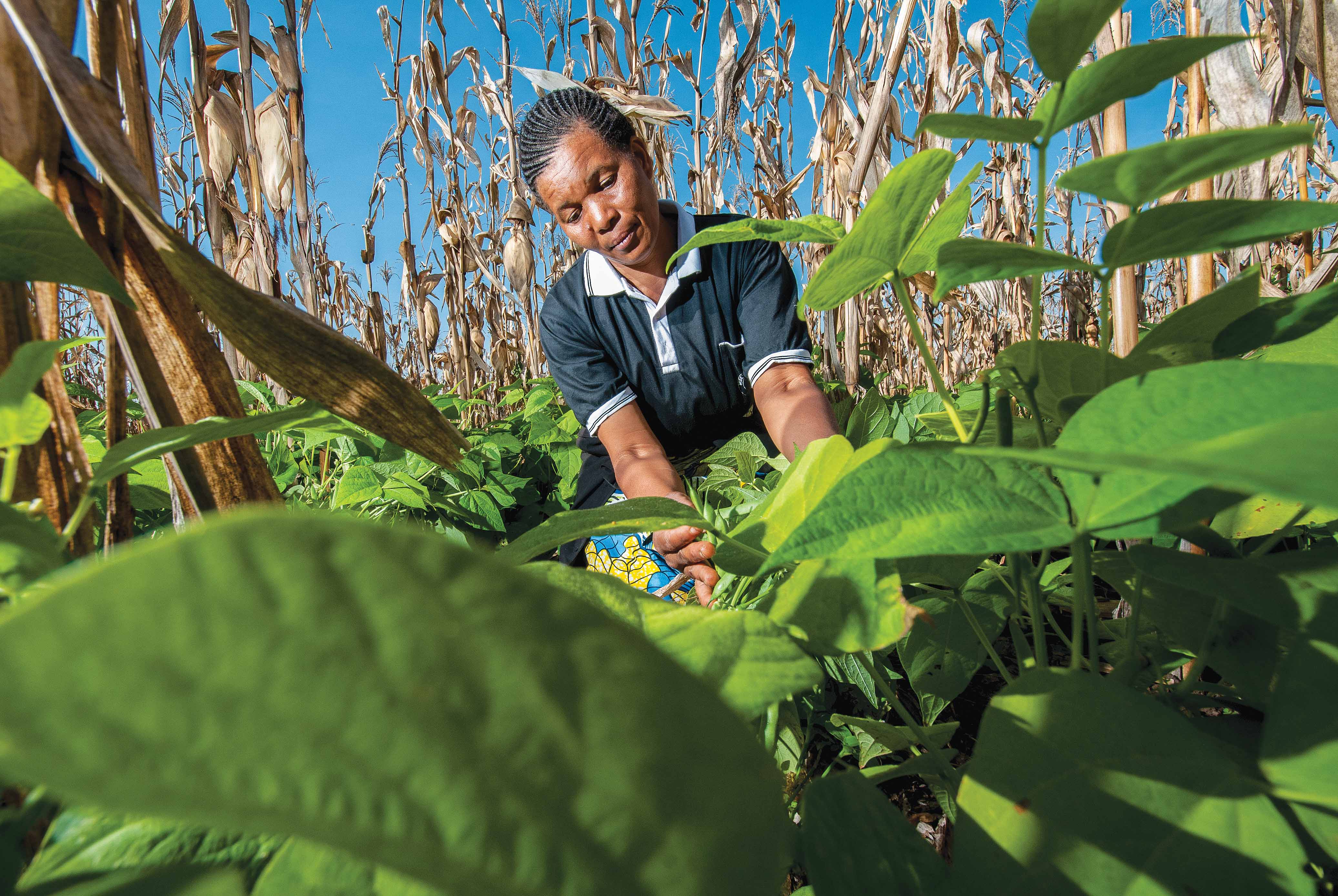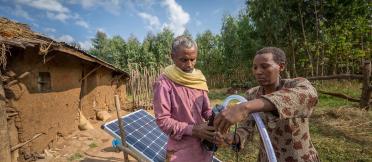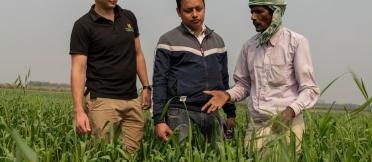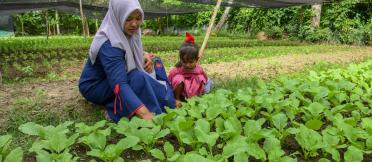HER+ is a research program to produce evidence-backed experience and data to support the gender equity policies being developed and implemented through gender researchers within CGIAR.
The overarching goal, and part of the GENDER Impact Platform, is to have gender equity drive the transformation of food systems and embed gender research as a natural basis for CGIAR agricultural development. It will do this by placing it at the forefront of planning and extension.
Director of the GENDER Impact Platform Dr Nicoline de Haan said the underlying objective of both the platform and the HER+ research initiative is to ensure women can be part of the decision-making that directs changes in food systems.
This is considered particularly significant as low-income, resource-poor smallholder farmers around the world face increasing challenges from climate change, diminishing land and water resources, and weakened ecosystems.
Research shows that climate stresses disproportionately harm women as they are more likely to go hungry in the aftermath of extreme weather events and crop failures, compared to men.
Further evidence shows that many agricultural tools and technologies developed to improve agriculture’s climate resilience have reinforced, rather than closed, gender gaps.




